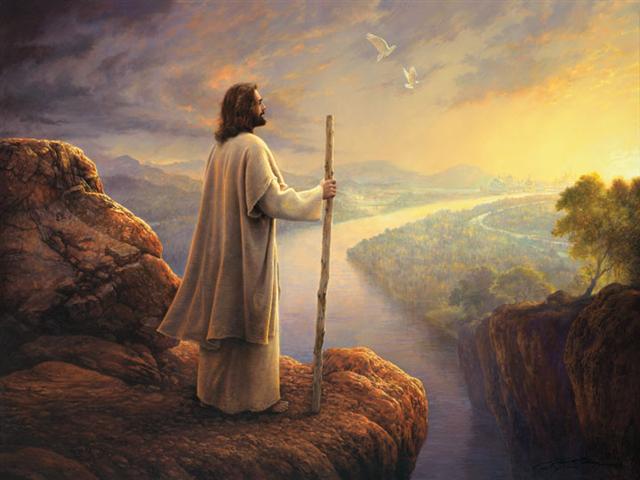Question
Hi Gramps,
I sure hope you can help us on this one. My family was having a discussion on the topic of time as it relates to temporal and spiritual concepts. Questions came up like: During the creation, was every day the same length? Will the millennium go according to temporal time or God’s time? and, Does one day of God’s time equal to 1000 years of temporal time? We all seem to have different opinions on it, so, we decided to ask you.
Thanks,
Gary
Answer
Dear Gary,
Time is a common concept, familiar to all. We only get into trouble when we ask what it is. The answers are very elusive. We are aware, however, that time is measured only unto man. Time is a severe constraint on our perception. In eternity, for instance, all the things that we in a temporal framework call past and future are continually available to be perceived.
The measurement of the passage of time is arbitrarily scaled to the rotation rate of celestial bodies. One day on earth is the period of one rotation on the earth’s axis. That rotation is not 360 degrees, but the point that the solar meridian passes a given spot on the earth. Our month is determined by the period of revolution of the moon around the earth. The moon has not always been at it’s present distance from the earth. Prior to somewhere around 730 B.C. the moon was farther away, and its period of rotation around the earth was 36 days. At around 730 B.C. there was a cataclysmic astronomical event and the moon was suddenly brought closer to the earth, which speeded up its period of rotation. Before 730 B.C. There were only ten months in the year, of 36 days each. The last four months of the year were named September (seventh), October (eighth), November (ninth), and December (tenth). In order to make the lunar months coincide with the solar year, in the time of Julius Caesar, two more months were added to the lunar year-July (for Julius Caesar) and August (for Augustus Caesar). So there is no doubt that the planets have suffered the same disruptions as has our moon, but the length of the day has always been defined from the period of rotation of the planet under consideration.
We are told that one day on the planet Kolob, or one revolution of that planet, takes the same time as 365,000 rotations of the planet earth-or one day on Kolob is equal to 1000 years of earth time. (See Book of Abraham, Facsimile 2). Kolob rotates around the celestial world that is the residence of God, the Father. We also understand that the millennium will endure, as its name implies, for 1000 years, or 1000 revolutions of the earth around the sun. It will be counted as the seventh millennium since time as we know it began to be measured on the earth.
If you would like to read a rather in-depth treatise of the concept of time go here.
Gramps







